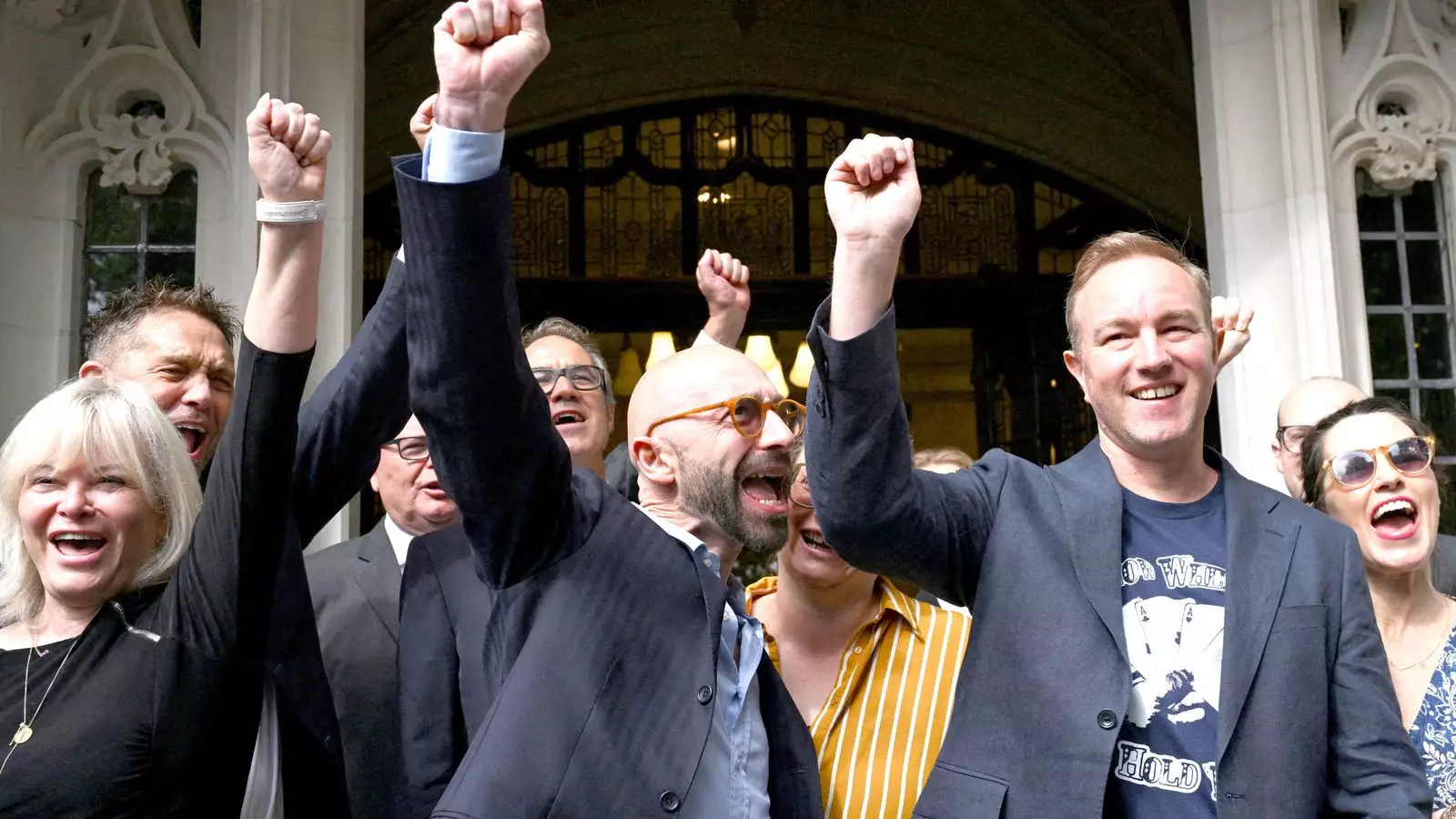The recent decision by the Supreme Court to overturn the convictions of Tom Hayes and Carlo Palombo strikes at the core of how society perceives white-collar crime and justice. For years, Hayes and Palombo were branded as villains—scapegoats in the aftermath of the 2008 financial crisis, big players caught in a web of regulatory failures and systemic greed. Their initial convictions, especially Hayes’s severe 14-year sentence (which was later reduced but still formidable at 11 years), reflected a societal appetite to punish what was viewed as emblematic misconduct by banking elites. Yet, the Supreme Court’s unanimous ruling suggests that what we perceived as clear-cut criminality might instead be the product of flawed legal reasoning and systemic bias.
This isn’t simply a matter of legal technicalities—it’s an indictment of the broader narrative that has long painted all financial scandals as outright fraud. The Court’s decision underscores a critical reality: criminal justice must rest on precise legal standards and fair trial protocols. When these are compromised—by misdirection or a flawed understanding of complex financial instruments—justice is not served; it is undermined. Hayes, who maintains his innocence and asserts his actions were standard practice, epitomizes the peril of conflating aggressive trading with criminal intent.
While society might cheer the overturning of convictions as a rectification, it also calls into question the entire edifice of financial regulation and criminal accountability. The focus should not solely be on punishing individuals but on scrutinizing whether the legal frameworks that punished them were just, sufficient, and appropriate for the circumstances. The Court’s decision invites a critical reevaluation of not just these two cases but the standards employed in prosecuting complex financial crimes more broadly. Are we penalizing conduct that is not inherently criminal, or are we punishing the improper, misguided, or even systemic roles of large banks in a way that simplifies a vastly complicated landscape?
The Impact on Regulatory and Judicial Systems
The Supreme Court’s ruling exposes uncomfortable truths about the interplay between regulatory bodies, law enforcement, and the judiciary when it comes to financial crimes. For years, agencies such as the Serious Fraud Office (SFO) pursued aggressive prosecutions, fueled by public outrage and political pressure to hold bankers accountable for the 2008 meltdown. Yet, their approach often leaned on the assumption that any manipulation of benchmark rates like Libor and Euribor equated to outright fraud, neglecting the nuance that these rates, despite their misuse, stemmed from practices within a grey zone of banking operations.
This oversimplification led to a wave of convictions—not all well-founded—serving as a form of moral punishment rather than legal correctness. The Court’s decision reveals that even the highest judiciary recognizes the potential for errors when juries are misdirected about the nature of the financial instruments involved. It demonstrates the necessity for a judicial system that understands the complexity of financial markets, rather than relying on prosecutorial assumptions that criminalize bankers’ behavior without sufficient legal clarity.
Furthermore, the decision raises concerns about the societal narrative of “banksters” as inherently corrupt criminals. Hayes, a mathematician with autism, was painted in the courts as a mastermind of fraud, yet his innocence now comes into sharper focus. This calls for a more thoughtful, centrist approach—acknowledging that while misconduct may have occurred, it doesn’t automatically warrant harsh punishment unless clear, precise legal standards are fulfilled. It underscores the importance of fairness, due process, and the prudence necessary in prosecuting white-collar crimes.
Implications for Justice and Society
The implications stretch beyond individual cases; they challenge the very foundations of how we regulate, prosecute, and interpret financial misconduct. The overturning of convictions for Hayes and Palombo acts as a wake-up call—a demand for reform in legal standards and a reflection on the societal obsession with punishment over fairness. It suggests that society must reconcile its desire for accountability with the realities of complex financial systems and the limitations of current legal frameworks.
In a liberal-centrist perspective, this should serve as an impetus for balanced reform—strengthening oversight and transparency without resorting to oversimplified blame or draconian punishments. Justice must be rooted in evidence and fairness, not in spectacular prosecution victories that serve to satisfy populist sentiments but fail to withstand rigorous legal scrutiny.
Reform must also address the systemic issues within financial markets, recognizing the often murky line between aggressive business as usual and outright misconduct. The law needs to evolve to better distinguish between these, ensuring that justice is not sacrificed on the altar of public morality. The Supreme Court’s decision is less a victory for the accused than a call for a more honest, nuanced approach to regulation and justice—one that avoids the pitfalls of hysteria and seeks genuine accountability based on fairness rather than spectacle.

Leave a Reply